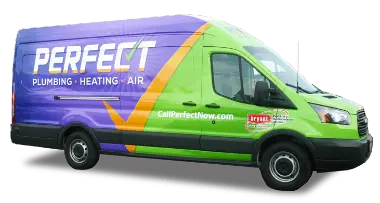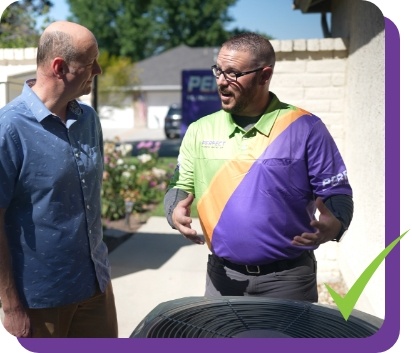A new AC installation in Boise, ID, is a chance to perfect all the details. Select the efficiency rating you’re looking for, the suitable capacity for your home, ductwork details, and advanced technologies. With guidance from experienced HVAC professionals, you can maximize your long-term results from a quality new or AC replacement system. If your home has air conditioning challenges like an attic bedroom or home office, a custom AC solution can meet your needs. AC perfection in Treasure Valley is possible if you know the right HVAC professionals.
How you can trust that we’re the best:
- BBB accredited with an A+ rating
- 2023 NextDoor Neighborhood Fave
- 2023 Angi Super Service Award
- HomeAdvisor Top Rated



